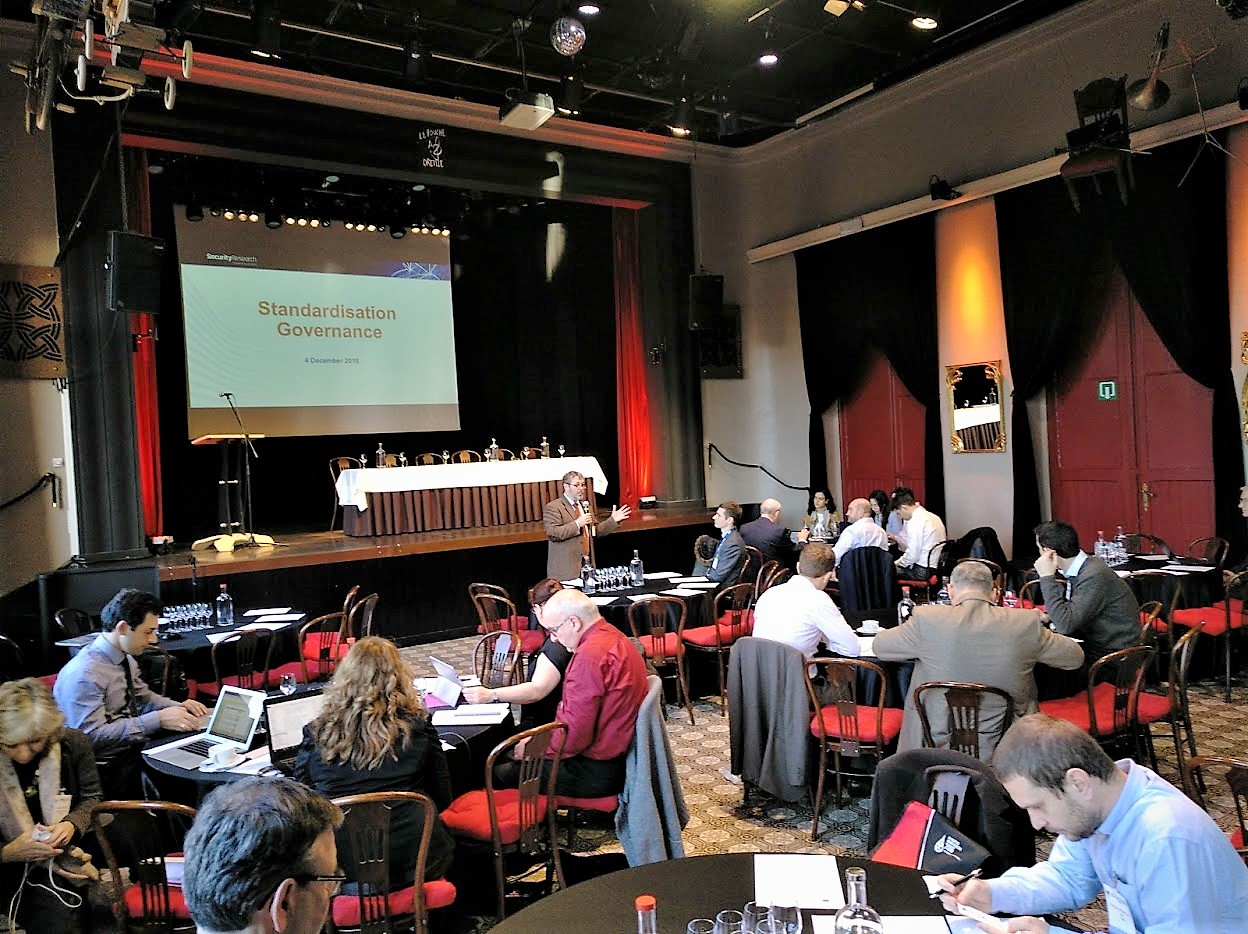New PSCE White Paper on 5G PPDR needs
True technical capabilities of 5G can only be assessed through an early dialogue between 5G developers and PPDR users. The former will test their technologies according to PPDR user needs, whereas the latter (both PPDR mobile operators and responders), will define user needs and feedback their opinions during a co-creation dialogue that will help shape 5G technological implementations and potential adaptations to standards.
The demand for 5G by the consumer market, will establish that technology as the underlying technical capability most likely to be used by Public safety responders. It is difficult to estimate when exactly this will be the case, but it is crucial that:
• Ministries of Interior and their agencies, responsible for PPDR communication services are aware of the true technical capabilities of 5G,
• Developers of 5G technology (and its enablers) understand the true functional and non-functional requirements of PPDR,
• The business case options are understood for PPDR adoption of 5G services,
• Legal frameworks, policy and regulation will support adoption for PPDR on 5G.
A report by GSMA forecasts that by 2025, 5G will account for 29% of mobile connections in Europe. Therefore, we can anticipate that the PPDR sector must be ready with full knowledge by then and prepared to adopt and evolve through 5G capabilities, if they are evaluated to be beneficial.
Many current press articles cite the early deployments of 5G signifying the race to be the best, first, in order to solidify vendor and operator market positions. This is not the primary concern. Our proposed project will facilitate this dialogue between developers of these new potential 5G capabilities and the key stakeholders in the PPDR mobile operator user community.
This paper considers new 5G capabilities in their intended and beneficial form. However, technical validation in real situations and PPDR end user evaluation are crucial to make informed decisions over the coming years.
The White Paper is available for download here.

